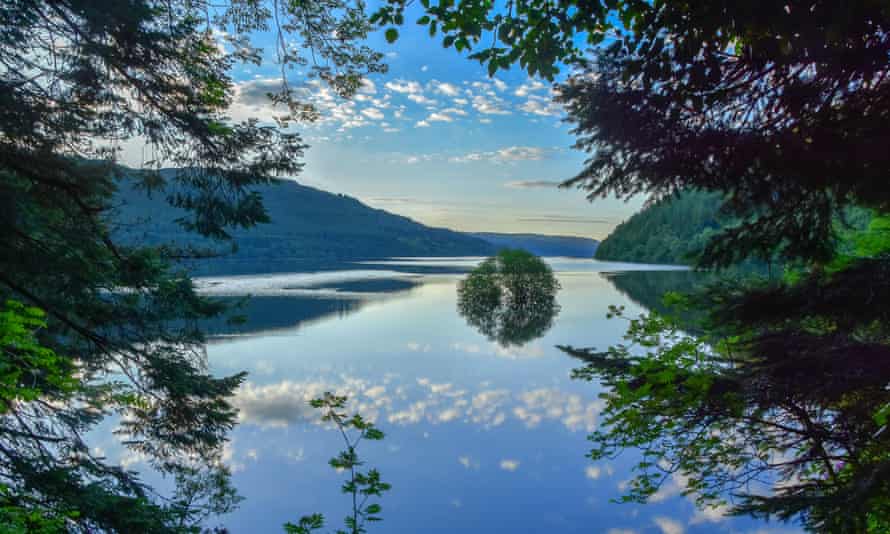A hundred years ago, conservationists scored a remarkable victory in the battle to protect the planet’s wildlife. Members of the newly formed Royal Society for the Protection of Birds persuaded MPs into passing the Plumage Act, banning the import of exotic bird feathers used to make ladies’ hats.
Dozens of avian species were rescued from extinction as a result, an early victory for the RSPB, which had been set up by female activists who were appalled by the slaughter of egrets, ostriches and flamingoes to make modish headwear.
A century ago, fashion – not shooting or habitat loss – was the main killer of birds, and in their campaign against “murderous millinery” the society lobbied shopkeepers, politicians and royalty to bring such practices to a halt. The RSPB’s female founders even hired men to carry placards through London streets to highlight “this evil trade”.
Next month, the RSPB will celebrate the centenary of its success in halting this grim commerce. “It was a crucial victory,” said Beccy Speight, chief executive of the RSPB, last week. “It demonstrated what you could achieve with strong campaigning and careful planning – lessons they learned, in part, from the suffragette movement. It showed we could make changes, and that really built up confidence within the society.”
Today the RSPB is one of the most important conservation organisations in the world, though its strength is going to be tested severely in the next few years, Speight added. “We are now facing far greater threats to our wildlife as climate change takes a grip and nature is eroded around us.”

Speight was speaking at one of her society’s main reserves, Lake Vyrnwy, on the edge of the Snowdonia national park in Wales, a home to peregrine falcons, redstarts and wood warblers. Here, RSPB conservationists are battling to restore the area’s vast peatlands by removing non-native plants and blocking old drainage ditches in order to restore water levels on the hills.
Inch by inch, over the years, peat levels will be restored at Lake Vyrnwy. Carbon will be retained in the peat and prevented from leaching into the atmosphere, while protection will be provided for rare plants and bird species.
It is a relentless, complex process that typifies the society’s work today and reveals how its operations have changed over the century. “When the Plumage Act was passed, we probably then thought: yes, we have done it,” Speight said. “We have halted the pointless slaughter of birds and we can sit back and enjoy their presence.
“Since then, however, we have been learning that it is not so simple. All sorts of other factors affect birds’ fates – global warming, intensive farming, pollution, pesticides and spreading human development also have huge impacts.”
Over the century, the combined effect of these increasingly powerful influences has been horrific, she added. One recent study showed that over the past 50 years, Britain’s bird population has declined by more than 40 million, with some species being brought close to extinction: turtle doves and golden orioles, for example.

However, it is the fate of the nation’s common birds that most alarms Speight. “Birds like the starling, the sparrow and the curlew were once commonplace. A few decades ago, they were ubiquitous. We had millions of them. Now they are in real trouble. When I was a student in Newcastle, you couldn’t hear yourself think for the sound of starlings in the evening. Today there is silence.”
This year, a series of critically important conferences – including the UN Biodiversity Conference in Kunming, China, and the Cop26 climate conference in Glasgow – will determine how well humanity copes with the ecological crisis that threatens to engulf the planet. Specific measures and laws – not promises – will have to be hammered out, and the expertise of conservation groups such as the RSPB will be vital in securing a hopeful outcome.
This will not be an easy task, given the urgency of the planet’s problems as ice caps melt faster and faster, sea levels rise, temperatures increase, deserts spread, coral reefs disappear and weather systems become more erratic.
“It took two decades of campaigning to get the Plumage Act passed,” said Speight. “We don’t have anything like that time to act now. We have already wasted years and years when we should have been tackling the crisis so there is now a desperate urgency to the problems we face. We have until the end of the decade at the very latest.”
There is a major lesson to be drawn from the Plumage Act and from subsequent RSPB campaigns, she added. “Legislation matters. When someone tells me they don’t think policy and lobbying to make changes in law really count for much, I am quite emphatic in my response. Laws set the framework that allows change to happen and holds politicians to account for the promises they have made.”
Only three of the 20 main pledges that were made by politicians in 2010 were actually fulfilled by 2020, Speight said – because they had not been set in domestic law. They were just promises.
“That is why we are pushing so hard to get a very clear targets set in the forthcoming environment bill, which is supposed to halt the decline in species. For unless we get clear, legislative targets it will just be fine words and rhetoric. That is what the Plumage Act tells us today.”